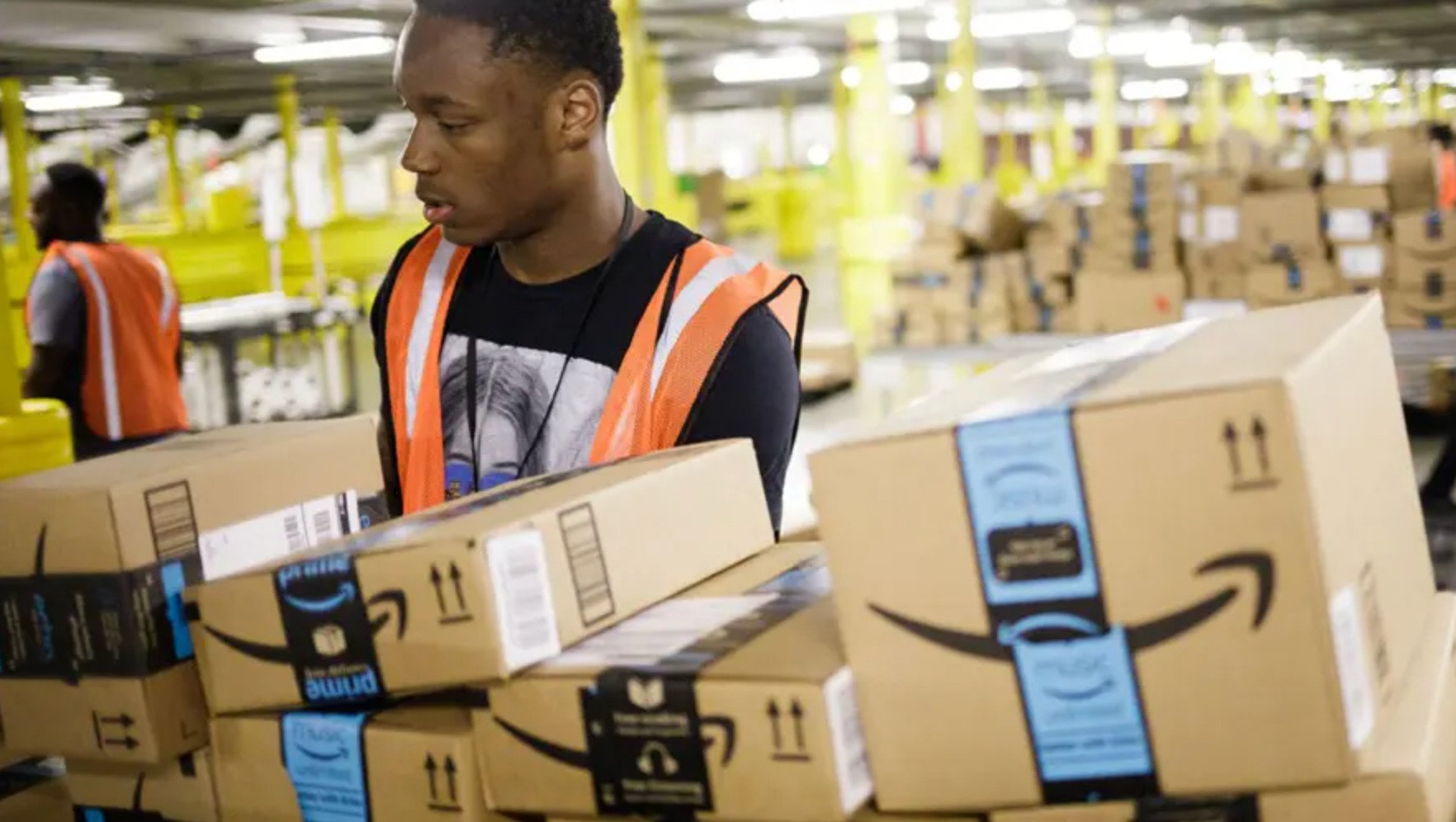Starting August 29th, the de minimis policy – which exempted goods valued at 800 USD or less entering the US from taxes and customs inspections – ended. This executive order was signed by former US President Donald Trump in late July. Trump had previously ended this policy for goods from mainland China and Hong Kong in May.
US Customs and Border Protection (CBP) reported that in the previous fiscal year, over 1.36 billion packages were imported under the de minimis provision, averaging over 4 million packages daily.
Going forward, goods shipped to the US through the postal system will be subject to one of two import taxes. The first is a percentage-based tax calculated on the value of the goods, similar to rates applied to other countries. The second is a flat rate of 200-800 USD for the first six months, depending on the country of origin.
This new policy has forced postal services in many countries to alter their operations. SingPost (Singapore) and India Post announced the suspension of some shipments to the US starting August 25th. This was also the deadline for the German carrier DHL to accept shipments, while the deadline for Austrian Post (Austria) was August 26th.
"We currently lack sufficient information about the new customs clearance process. The tightening of regulations poses significant challenges for global postal companies shipping goods to the US," Austrian Post stated.
 |
An employee processing orders in an Amazon warehouse. Photo: Amazon |
An employee processing orders in an Amazon warehouse. Photo: Amazon
In addition to shipping companies, e-commerce platforms specializing in low-cost goods, such as Amazon Haul, Tiktok Shop, Temu, and Shein, are also affected. However, Temu and Shein have long been pursuing localization strategies within the US, anticipating this change.
For instance, many products sold on Temu are still manufactured in China but are then shipped in bulk to warehouses in the US. While subject to taxes, they still benefit from large-scale production.
Meanwhile, Shein has expanded its supply chain, establishing production facilities in Turkey, Mexico, and Brazil. They still ship directly from China and can likely absorb the increased taxes due to high-profit margins in the fast-fashion sector.
Abbott Atelier Jewelry, a jewelry company in Vancouver (Canada), announced on Instagram that it would "temporarily suspend sales to find a solution." August 25th was their deadline for accepting orders for delivery to the US.
Some businesses have opted to pass the increased costs onto consumers. South Korean cosmetics brand Olive Young stated that with the end of the de minimis policy, all orders would incur an additional 15% tax, "regardless of value." This was implemented on August 27th. The tax is calculated at checkout, ensuring customers face no additional charges upon delivery.
Wool Warehouse, a UK yarn company, estimates that the additional cost for goods exported to the US will increase by an average of 50%. However, believing this would be unacceptable to customers, they halted shipments on August 21st. "This is not what we wanted, as the US is an important market. But this decision is based on our current understanding of the new regulations," the company announced on its website.
Royal Mail (UK) also suspended deliveries to the US starting August 26th for two days while they updated their systems to comply with the new regulations.
The online marketplace Etsy recommends that sellers pay all taxes and fees upfront, so the displayed price includes taxes. This ensures no extra charges for customers upon delivery. However, some sellers have decided to stop selling to the US altogether.
Shed Maid, a jewelry store in the UK, announced on TikTok that it would close to US customers at the end of August, despite this group accounting for 50% of their orders. "This will have a huge impact on my business. I'm not sure what to do, but I hope to be able to sell to US customers again soon," the company stated.
Ha Thu (Reuters, CNN)












